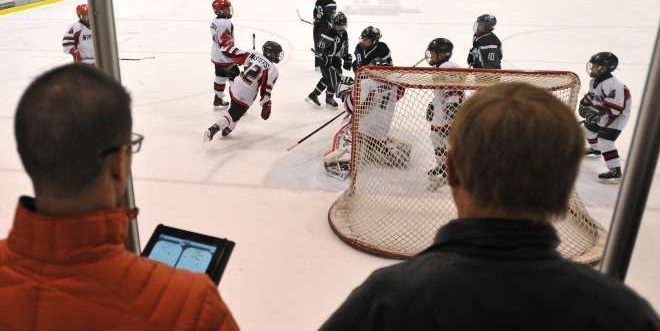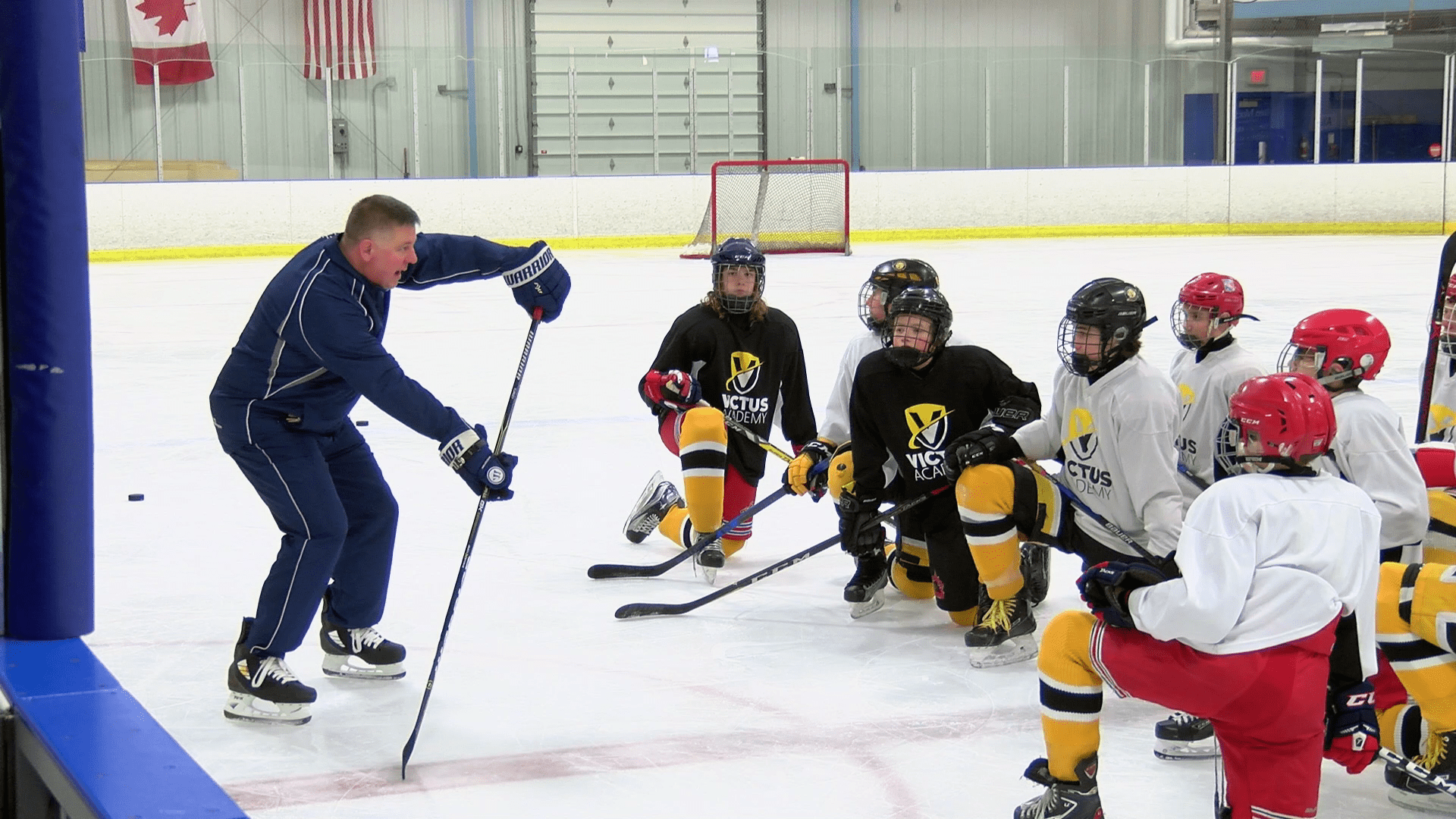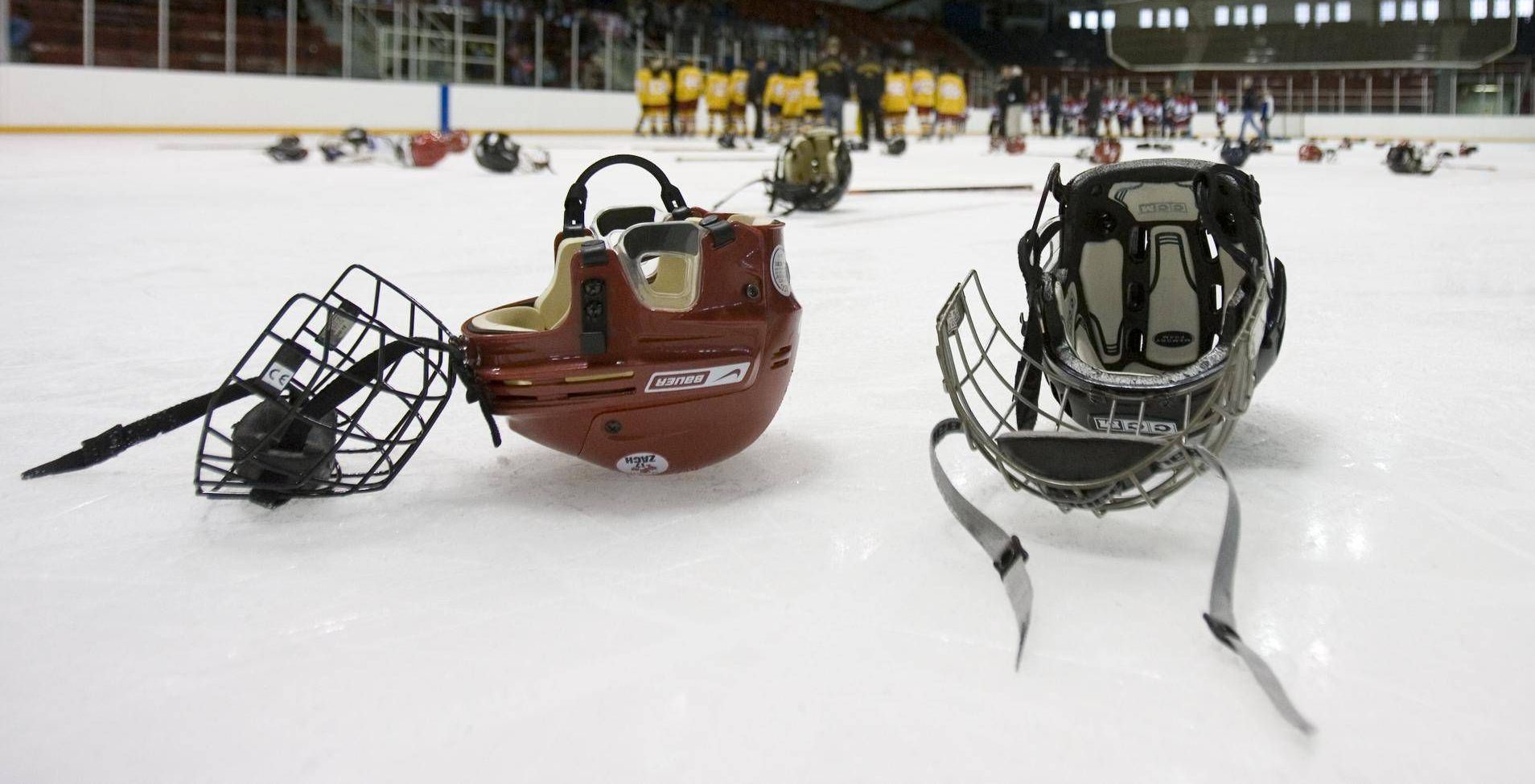Whether you are a first-time peewee coach or a Jack Adams Trophy winner, hockey coaches should never stop trying to learn more about the game and their craft. There is so much more to coaching than drawing up X’s and O’s or choosing the best line combinations. It is a constant battle to maintain leadership while providing equal opportunities for all of your players.
As if hockey itself was not complicated enough, coaching the sport brings an all new type of understanding and analysis. When you are a player, you only really have to worry about your own position. As a coach, you have to know every position and how each of them affects the overall game plan for the team. Regardless of what level of hockey you coach, here are five reasons to never stop learning, no matter how successful your team is.
The Game Evolves
What worked one season might not work the next. This is especially true for coaches at higher levels of competitive hockey and even in the NHL. Opposing teams can find out your strategies and create a game plan against them. Every good game plan works in the league, until it doesn’t. Hockey has likely already changed since you were a player, so keep on top of how the game is evolving and learn how you can adapt that to your coaching style.
The overall sport evolves as well which makes outdated strategies stale and useless. As a coach you always need to keep up with the new ways that hockey is played. Just always remember that before exciting, offensive hockey in the NHL, coaches thought that the neutral zone trap was a viable strategy and a great way to play the game. Sure, it worked for a time, but as with most strategies, other coaches caught up and created a system to counteract it.
Personal Development
Learning new skills for your personal development is an underrated part of being a hockey coach. Sure, it’s usually a volunteer gig for parents, but there are plenty of things you can learn from it. It is an excellent way to spruce up on your leadership skills and a great way to work on speaking in front of groups. Most youth hockey coaches even know that there is plenty of on the job training for how to handle confrontations with hockey parents.
Being the coach of a hockey team is also an important role in a child’s early life. The things you learn from your players can help you be a more patient and empathetic person, and is a good reminder that winning isn’t everything when it comes to sports. For as much time as you work on drills at practices, take the time to learn more about yourself and how you perform in a leadership role.
To Learn More About Your Players
This goes hand in hand with personal development, but as a coach you should want to learn more about how to get through to your players as well. At the NHL level, people often talk about how a coach can ‘lose a dressing room’. This means that anything the coach says simply doesn’t resonate with the players anymore. It could be as simple as not feeling motivated by what the coach says, or as complex as losing confidence in the team’s system on the ice. Whatever the case may be, coaches need to constantly be learning how to stay connected with their players.
Establishing a strong bond with your players is a great way to build team rapport. Remember, players are often a reflection of their coach on the ice. If you are positive and supportive, players will want to play and win for you. But if you are negative behind the bench, players will pick up on that energy as well.
Learn to Adapt to Your Players
Every team at every level of competition has a team full of players with different skill sets. As a coach, each new season can be a challenge, and even every game if the same players aren’t there all the time. A great coach will know the strengths and weaknesses of each player on the team and accommodate for that depending on the personnel they have to work with. Adapt your game plan to your players rather than force your players into the game plan.
At the NHL level, it is usually apparent when a coach is trying to force players to play a different style than what they are used to. A good coach won’t force Alex Ovechkin into a defensive role because it simply isn’t how he is effective on the ice. As a coach you need to learn your players strengths and know how to apply them to help the team succeed on the ice.
Winning and Success Are Never Easy
That’s right, you read that correctly: winning and success are never easy. Success always takes hard work so if you want to be a successful coach, you need to be committed to putting in the effort. It starts with doing the little things like showing up first to practices and games or establishing a personal relationship with each of your players. An active coach is always trying to learn more about their players, and a better relationship means it is more likely they will listen to what you have to say from behind the bench.
Not only is winning difficult, but you have to keep re-learning how to win as well. What worked in one game won’t always work in the next game, so refining your craft and making adjustments is something you’ll have to learn to do. Never be satisfied with a victory, because the next one will always be a new challenge. It is always helpful to take a look at what worked, but it is even more important to learn from what didn’t work. Hockey is a challenging game to play and at times, it can be just as challenging of a game to coach as well.






